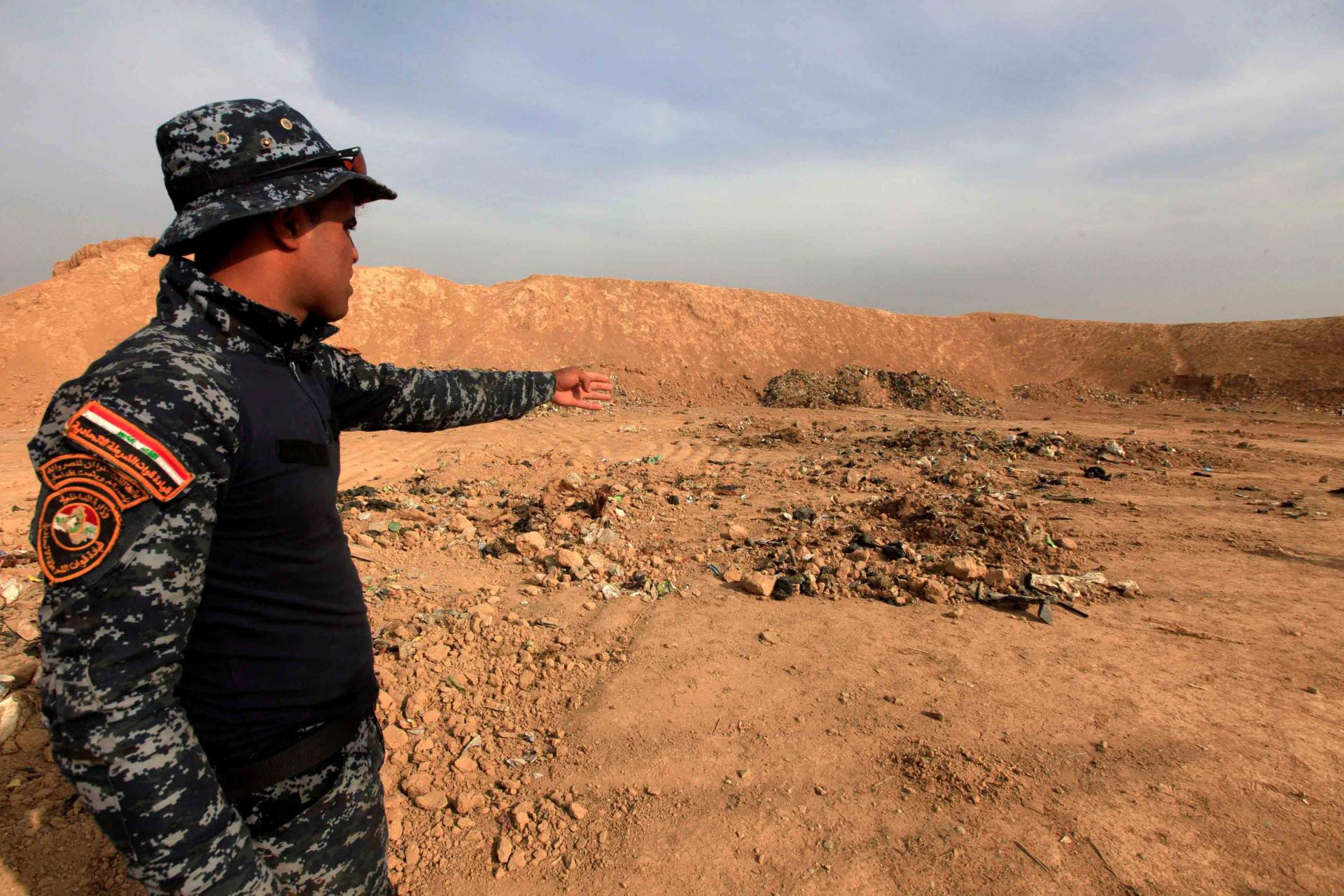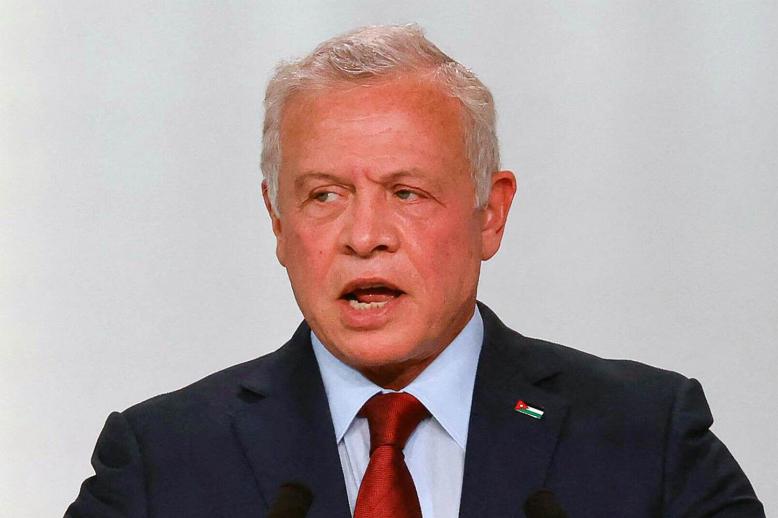Over 200 mass graves left behind by IS in Iraq
BAGHDAD - The Islamic State group left behind more than 200 mass graves in Iraq containing up to 12,000 victims that could hold vital evidence of war crimes, the UN said Tuesday.
The United Nations in Iraq (UNAMI) and its human rights office said they had documented a total of 202 mass graves in parts of western and northern Iraq held by IS between 2014 and 2017.
Even more sites could be uncovered in the months to come, the report warned, urging Iraqi authorities to properly preserve and excavate them to provide closure for victims' families.
"The mass grave sites documented in our report are a testament to harrowing human loss, profound suffering and shocking cruelty," said the UN's representative in Iraq, Jan Kubis.
"Determining the circumstances surrounding the significant loss of life will be an important step in the mourning process for families and their journey to secure their rights to truth and justice," he said.
IS overran swathes of Iraq in 2014, executing fighters and civilians en masse and using other forms of repression to seize and keep territory in the country's north and west.
The mass graves may "contain critical forensic material" that could help uncover the details of these violations, as well as identify the victims, the UN said on Tuesday.
UN investigators in August began collecting evidence on war crimes, crimes against humanity, or genocide for Iraqi courts to use in trials of accused IS militants.
Out of the 202 mass graves documented in the UN's new report, just 28 of them have been excavated and 1,258 bodies exhumed by Iraqi authorities.
Nearly half the total sites are in Nineveh province, where IS's onetime Iraqi capital Mosul lies and where the jihadists committed mass atrocities against the Yezidi minority.
The rest of the sites are distributed in the northern regions of Kirkuk and Salaheddin, or Anbar in the west.





